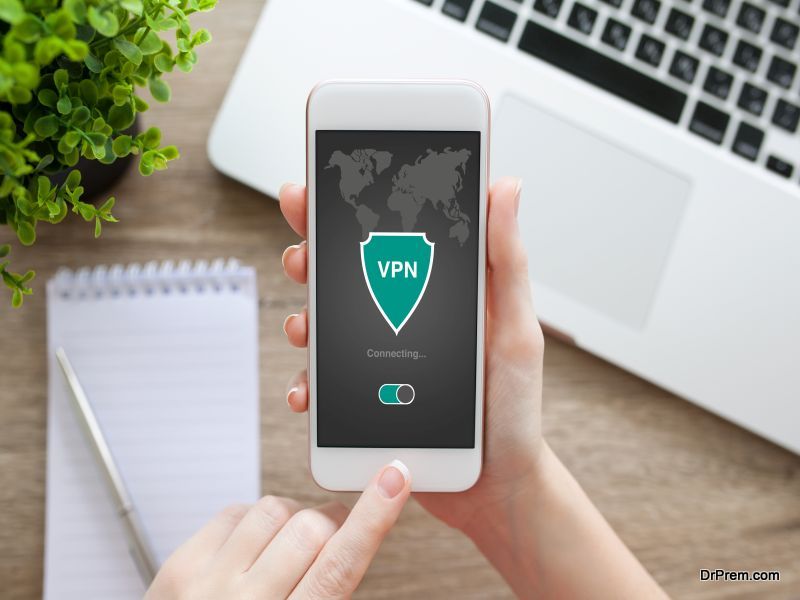Thieves have turned their eyes to the digital world, constantly hunting for vulnerable databases and unsecured sensitive data. They are relentless in their searches and don’t give up easily thanks to lax security standards, a lack of IT monitoring, and an unwillingness by businesses to invest in more security. To prevent thieves from gaining access to sensitive information, you don’t need to spend significant money and effort to do so, but you need to be willing to change habits and shift thinking toward digital safety.
Keep Information Encrypted With a VPN
 A virtual private network (VPN) secures information transmitted through that network, essentially fragmenting the information in ways that make it viewable only by a recipient who has an access key. A VPN operates on a principle used similarly by email using senders and recipients. A sender needs to identify a recipient for an email. When the creator of the email physically sends a communication, the email system encrypts the email and the only one who can view the information is the recipient, also known as the key holder.
A virtual private network (VPN) secures information transmitted through that network, essentially fragmenting the information in ways that make it viewable only by a recipient who has an access key. A VPN operates on a principle used similarly by email using senders and recipients. A sender needs to identify a recipient for an email. When the creator of the email physically sends a communication, the email system encrypts the email and the only one who can view the information is the recipient, also known as the key holder.
With a VPN, a user transmits data through a server that encrypts the data being sent. When the user reaches the end server, such as a login server at a business, the user enters login credentials. Those credentials become encrypted and can be viewed only by the recipient, the login server in this case. Ultimate VPN guide is simple to use, highly effective, and keeps sensitive data secure.
Use Strong Cloud Security
Storing information in the cloud requires trusting an outside party with data security. When choosing a cloud security provider, you need to ask questions about the strength of the provider’s security systems. Does this provider comply with data protection regulations? Does the provider use two-factor authentication or cloud access security brokers?
If a cloud security company doesn’t meet these and other standards, move on to a provider that does. Only sign a contract for services with a cloud security provider that can demonstrate its security measures with examples and concrete explanations to back them up.
Ensure Proper Handling of Files
 Some businesses have to keep electronic records in storage for decades. However, since electronic storage has a limited life, businesses must have a backup schedule. If this situation applies to your business, make sure you adhere to a backup schedule and that you transfer original files before storage equipment begins to show signs of deterioration. Completely erasing data stored in digital files is almost impossible, which means physical destruction of equipment such as hard drives is necessary to prevent data from falling into the wrong hands.
Some businesses have to keep electronic records in storage for decades. However, since electronic storage has a limited life, businesses must have a backup schedule. If this situation applies to your business, make sure you adhere to a backup schedule and that you transfer original files before storage equipment begins to show signs of deterioration. Completely erasing data stored in digital files is almost impossible, which means physical destruction of equipment such as hard drives is necessary to prevent data from falling into the wrong hands.
Incorporating these digital safety practices into a data security and strategy plan for your personal digital data use or business use greatly reduces the risk of data theft. The more layers of digital security that you put into place, the less likely you can make it for a thief to get into your personal network and steal your valuable information from you.
Article Submitted By Community Writer




